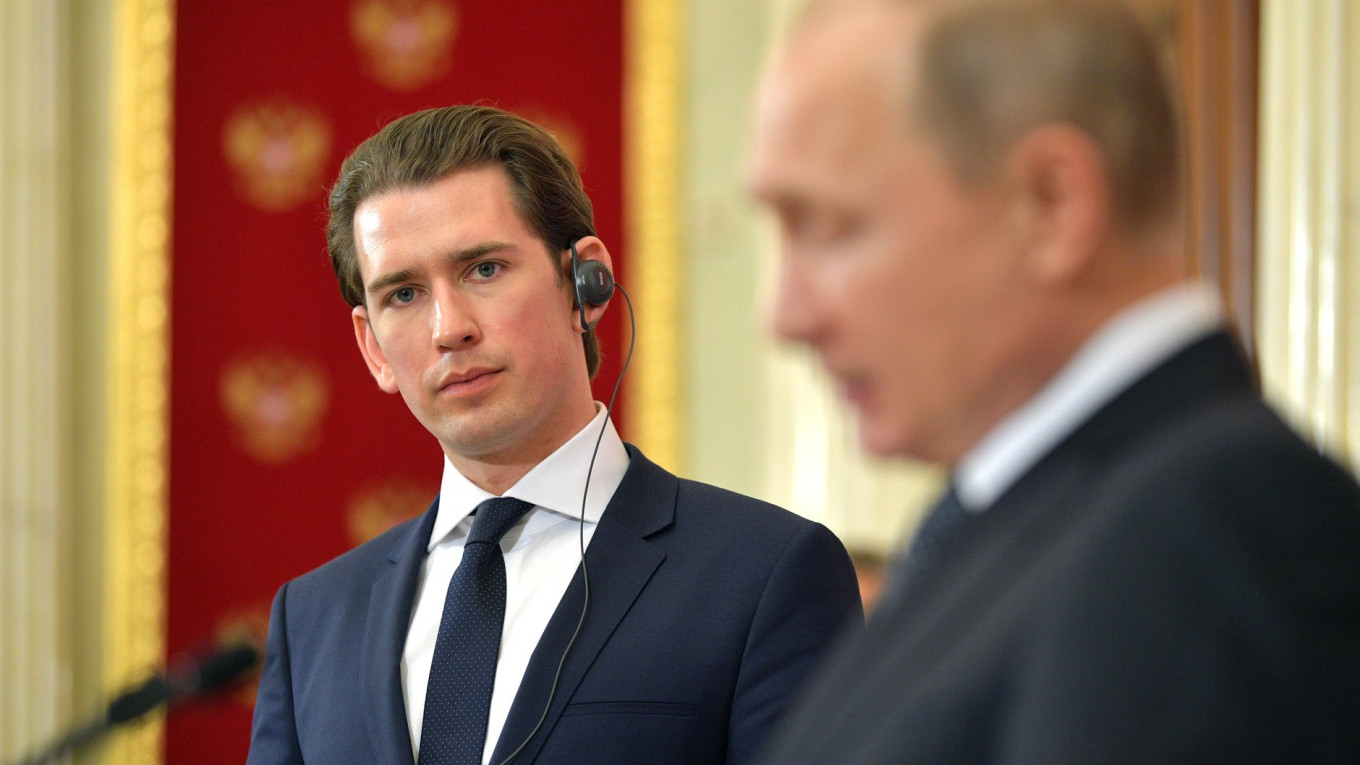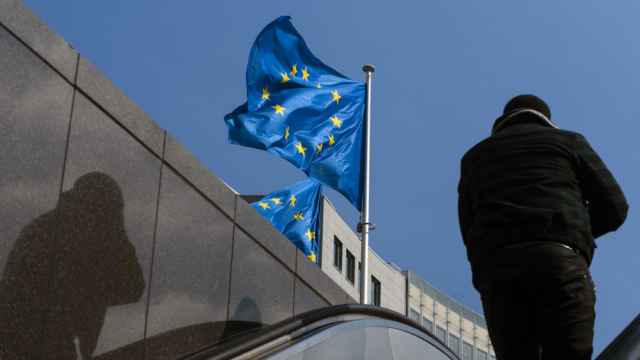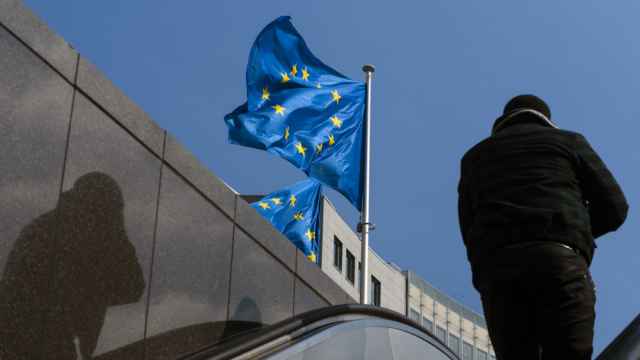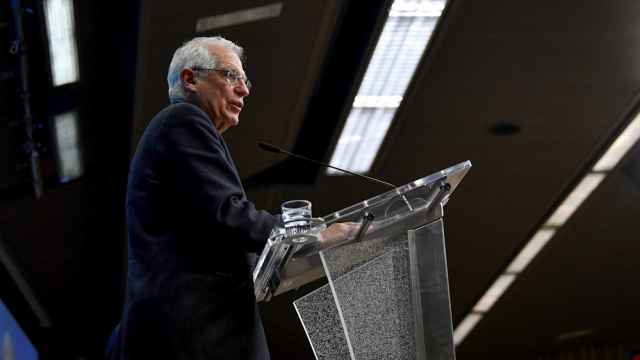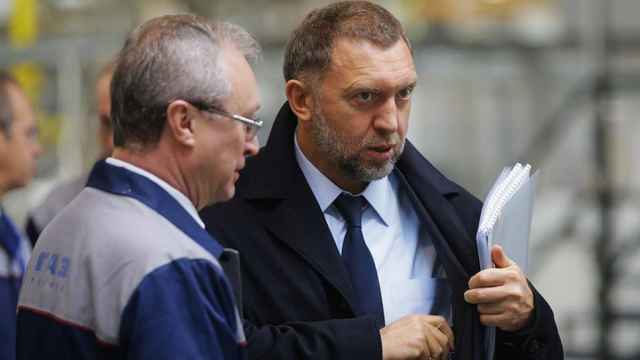Austrian Chancellor Sebastian Kurz said Monday he opposes new sanctions against Russia despite soaring tensions between the West and Moscow over a slew of accusations.
The European Union and NATO earlier this month expressed solidarity with the United States, which hit Russia with the toughest sanctions in three years for election interference and cyberattacks. In March, the Biden administration also expanded export restrictions to Russia over the poisoning of jailed Kremlin critic Alexei Navalny.
“I’m against additional sanctions as an end in itself,” said Kurz in an interview with the Swiss-German daily Neue Zürcher Zeitung. “De-escalation is required. It is difficult, but the constant aggravation is not the way we want to go.”
“The sanctions already imposed by the EU were correct. But it is also important to rely on dialogue. Peace on our continent can only be achieved with Russia,” he said.
The EU levied sanctions on Russia in response to its annexation of Crimea from Ukraine in 2014.
Russian-EU ties have suffered further this month as the Czech Republic accused Russian secret services of involvement in a deadly 2014 arms depot blast and expelled 18 diplomats from Prague. Several Eastern and Central European nations have since moved to expel Russian diplomats they accused of espionage in moves that drew quick retaliation from Moscow.
The U.S., accusing Russia of orchestrating the massive SolarWinds cyber operation and interfering in the 2020 presidential election, expelled 10 Russian diplomats, sanctioned 40 entities and individuals and banned U.S. banks from buying new Russian state debt.
Russia retaliated by expelling 10 American diplomats, blacklisting top current and former officials, as well as capping the number of Russian nationals allowed to work at the U.S. Embassy in Moscow and pressing Washington to recall its ambassador.
Tensions also soared over Russian troop movements on the Ukrainian border and in Crimea, which Moscow abruptly ordered to be pulled by May 1.
Austria’s Kurz has advocated for improving EU ties with Russia since taking power in late 2017.
A Message from The Moscow Times:
Dear readers,
We are facing unprecedented challenges. Russia's Prosecutor General's Office has designated The Moscow Times as an "undesirable" organization, criminalizing our work and putting our staff at risk of prosecution. This follows our earlier unjust labeling as a "foreign agent."
These actions are direct attempts to silence independent journalism in Russia. The authorities claim our work "discredits the decisions of the Russian leadership." We see things differently: we strive to provide accurate, unbiased reporting on Russia.
We, the journalists of The Moscow Times, refuse to be silenced. But to continue our work, we need your help.
Your support, no matter how small, makes a world of difference. If you can, please support us monthly starting from just $2. It's quick to set up, and every contribution makes a significant impact.
By supporting The Moscow Times, you're defending open, independent journalism in the face of repression. Thank you for standing with us.
Remind me later.


